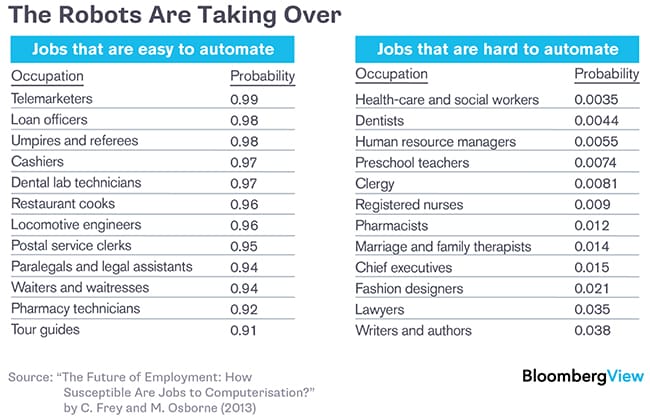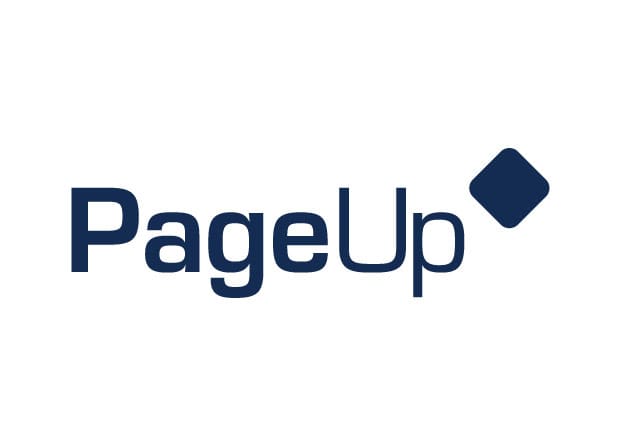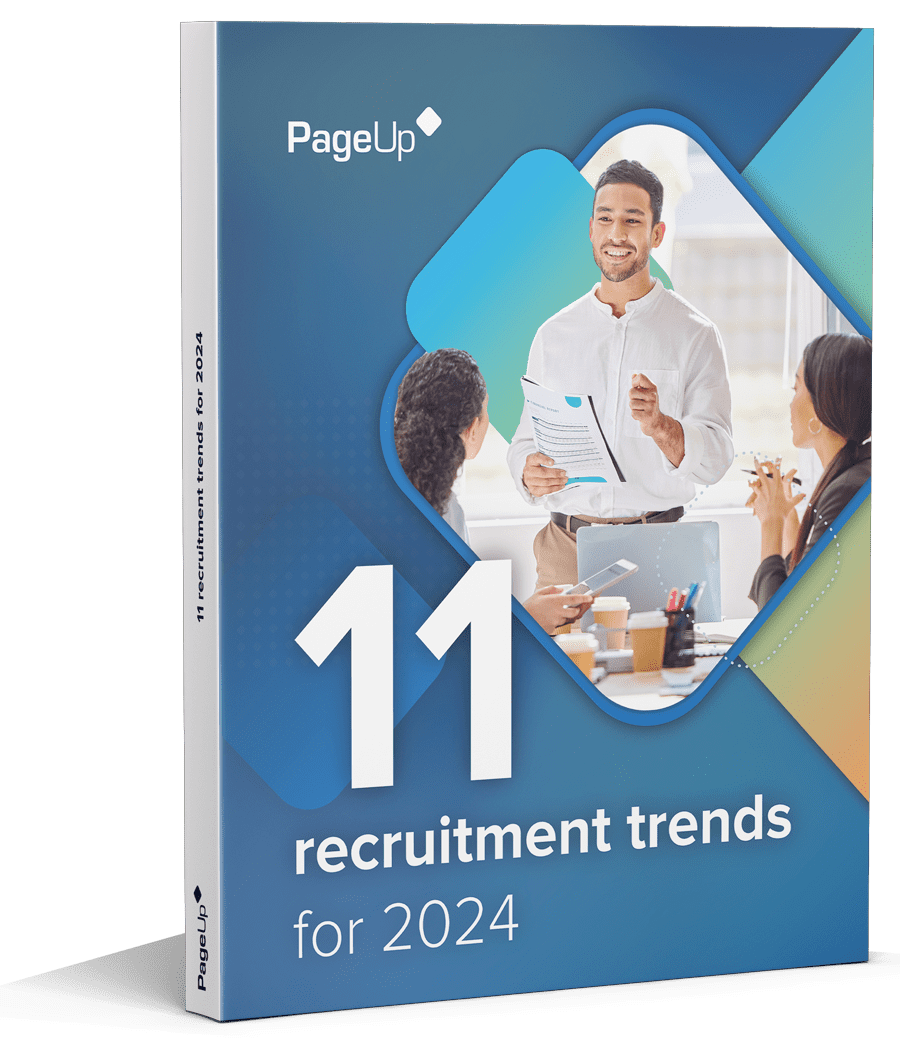Our CEO, Karen Cariss, recently spoke at length about this topic at the Talent Management conference in Singapore. Karen highlighted how certain themes have been emerging in the business world as well as how that impacts the way in which HR operates now. These themes force us to rethink how certain processes/systems have to be reinvented to stay relevant.
Theme No. 1: Accelerated Progress of Technology
At the beginning of the century, Ray Kurzweil, Futurist and Chief Engineer at Google, predicted that 20,000 years of progress would be crammed into the next 100. – The Law of Accelerating Returns
If anything, progress and change have accelerated faster than even this and that looks to change the fundamental way we do things.
Here’s an illustration of the future by PWC in a report titled “The Future of Work – A Journey to 2022”.

Today’s increasingly volatile, uncertain, complex and ambiguous (VUCA) world is both exciting and challenging for HR. With demographics and workforce composition changing everyday, and the never-ending introduction of new and disruptive technologies, what does this mean for HR leaders as they shape their business value proposition for the future?
As the decisions that leaders are making increase in complexity, the regular decision making approaches that were previously used are no longer effective. Let’s take a look at the issues that we’re facing through the lens of a Cynefin (pronounced ku-nev–in) decision making framework. This model was developed in collaboration with the Harvard Business School and has been advanced to allow executives to see things from new viewpoints, assimilate complex concepts, and address real-world problems and opportunities.

The framework sorts the issues that we face into 5 different scenarios – Complex, Complicated, Simple, Chaotic, and the little grey bit in the middle, Disorder.
Takeaway for HR:
It’s time for HR to start incorporating HR systems and processes that are ahead of the curve. Looking at the scenarios in your organisationorganization through the Cynefin framework would give you a good place to start from.
Theme No. 2: The Robots Are Taking Over!
A study by the Oxford Martin Programme on the Impact of Future Technology suggests that many of the jobs that we know so well could very well be computerisedcomputerized over the next 2 decades.

As technology races ahead, it is predicted that low skilled workers will move into roles that are not as susceptible to computerisationcomputerization. These include tasks that require creative and social intelligence. Jobs like cashiers, counter and rental clerks, and telemarketers are clearly interactive tasks but they do not necessarily require a high degree of social intelligence.
It’s not all doom and gloom though. The good news is that as more types of jobs like those in healthcare and home services begin to be enhanced by robotics, they remove the need for laborious components and unleashed a mindset of value-adding and innovation.
If you were holding your breath, breathe easy now. Human Resource Managers have a VERY low probability of being computerisedcomputerized. Many aspects of HR such as Recruitment Systems, Performance Management and Learning and Development have already moved on to high levels of automation (leading the pack would be an organisationorganization called PageUp, have you heard of them before? :P)
Takeaway for HR:
If you’re not already automating some of the above areas in your organisationorganization, it’s time to start looking into it. By reducing time spent in those areas, HR can focus on being a Strategic Partner to the business as opposed to merely running operational tasks.
Theme 3: Millennials
Based on current statistics, they currently make up 34% of the US workforce already and at the current rates, they are forecasted to make up 50% of the global workforce by 2020.
What are the defining traits of Millennials?
Based on a recent survey:
- 59% of the surveyed Millennials expected State-Of-The-Art Tech
- 68% of them wanted Remote Work options
- 74% of them wanted Flexible Work Schedules
- 41% of them preferred Electronic Communication
- They looked at their mobile devices more than 150X a day!
Takeaway for HR:
Now that you know what Millennials want, it’s easy to begin the process of ensuring the workplace is equipped to handle the influx of this group of people into your organisationorganization. Start off by creating policies around flexible working arrangements (millennials are BIG on flexibility!),then evaluate the current talent management systems that are in place in your organisationorganization. Are they all mobile ready?
These are all questions to start thinking about and whatever the decision, HR leaders should begin the process of putting this into action.
To stay abreast of all the changing themes in the world of HR, head over to Talent Lab to sign up to receive the next PageUp Talent Whitepaper.
Fresh insights for HR
Stay up to date with HR trends, tips and more when you sign up for our industry newsletter





